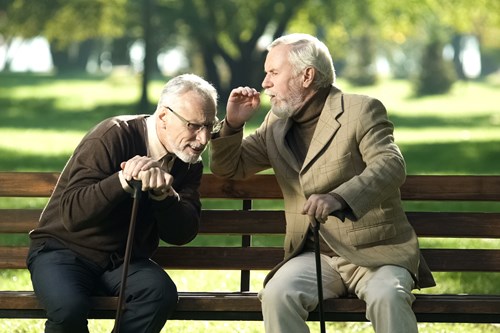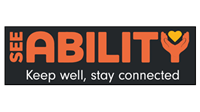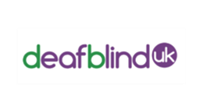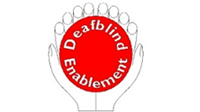Hearing loss and deafness
Hearing loss and deafness are very common and affects around one in six people in the UK and more than 70 per cent of people aged over 70. It can range in severity from mild loss of hearing to total deafness and may affect only one ear or both. Hearing loss can make some day-to-day tasks harder, but help is available and technology can help you stay connected.
Hearing loss and deafness can be caused by a number of medical conditions such as genetic abnormalities, viral infections, stroke, multiple sclerosis, Ménière’s disease, a perforated eardrum, some medications, or repeated exposure to loud noises. However the most common cause of hearing loss is simply getting older.
If you need to have the volume on your television or music turned up high, don’t hear the doorbell, smoke alarm or the phone, or you are having difficulty following what people are saying, it may be a sign you have some loss of hearing.
You can find out more about causes of hearing loss on the NHS website.
If you think that you may be losing your hearing, there are important steps you can take.
-
Talk to your family and friends to make them aware of your difficulties in hearing.
-
Make an appointment to see your GP. Your GP will be able to advise whether you need further referral to have your hearing checked.
You can also find more information about hearing loss on the following websites - most of which have an online chat function.
Sight or vision loss can affect you in various ways, from loss of your central or peripheral vision to total blindness. It can be caused by a variety of conditions such as macular degeneration, glaucoma, diabetes, cataracts, visual cortex disorder, genetic defects or an injury. It affects around one in 30 people in the UK and one in five people aged over 75.
Different conditions may cause particular forms of sight loss and these can affect people in different ways. Age-related macular degeneration may make your central vision blurry or distorted when you look directly at something such as the TV. Cataracts are a common condition where the lens of the eye becomes cloudy and this can make your vision misty.
Someone who has lost their detail vision but still has their peripheral or side vision may be able to see a needle on the floor but not read the sell by date on a carton of milk. The same person may be able to see better on one day than another or in a different place if their vision is affected by varying light conditions.
For more information about various eye conditions and their effects, go to the RNIB website.
Using equipment and technology
There are many ways that equipment and technology can help you stay connected and independent if you have sight or hearing loss.
Computers screens can be adapted to make them easier to read or to talk aloud; books are available in different formats such as large print, braille and audio; television programmes can be audio-described so that you hear what is happening on screen; and talking phones or phones with large buttons may be easier to use if you can’t see well.
Equipment and gadgets such as amplified phones, vibrating alarm clocks, flashing door bells and conversation amplifiers can help you if you can’t hear well.
If you are struggling around your home due to a visual impairment, contact the Vision Rehabilitation Specialists - see below for contact details.








